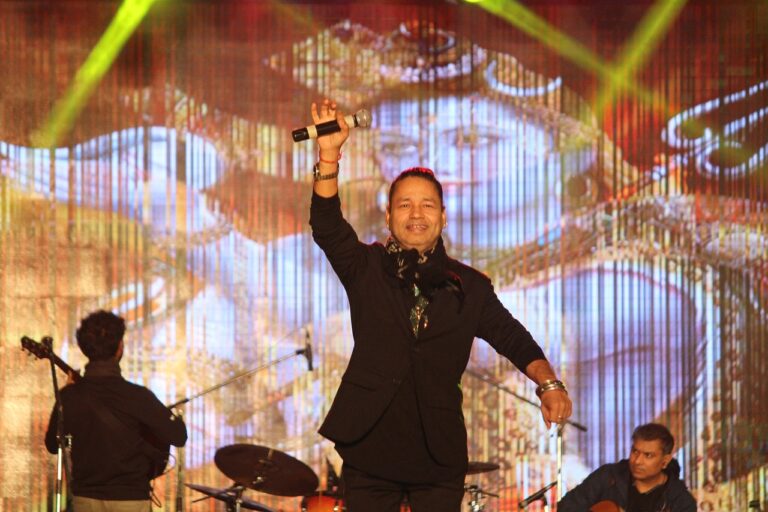Social Media Regulation and Electoral Integrity: 11xplay reddy login, Gold365 registration, Skyfair
11xplay reddy login, gold365 registration, skyfair: In today’s digital age, social media platforms play a significant role in shaping public opinion and influencing electoral outcomes. With millions of users sharing information, news, and opinions on these platforms, there is a growing concern about the impact of social media on electoral integrity. As a result, governments and regulatory bodies around the world are increasingly focusing on implementing regulations to ensure fair and transparent elections.
The spread of misinformation and disinformation on social media has become a major issue in recent years. Fake news, doctored images, and manipulated videos can easily go viral on platforms like Facebook, Twitter, and Instagram, leading to widespread confusion and polarisation among voters. This can have a detrimental effect on electoral integrity, as voters may make decisions based on false or misleading information.
To address this issue, many countries have introduced regulations to hold social media platforms accountable for the content shared on their platforms. For example, in the United States, the Federal Election Commission requires social media companies to provide transparency regarding political advertising to ensure that voters know who is behind the ads they see online. Similarly, the European Union has implemented the General Data Protection Regulation (GDPR) to protect users’ data and combat the spread of disinformation.
However, regulating social media is a complex process that requires balancing freedom of speech with ensuring electoral integrity. Critics argue that excessive regulation could harm free speech and stifle political discourse, while others believe that without proper oversight, social media platforms can be manipulated to influence elections.
Despite these challenges, it is essential to find a balance between regulating social media and upholding electoral integrity. By implementing measures to combat misinformation, protect users’ data, and ensure transparency in political advertising, governments can help to safeguard the integrity of elections and promote a fair democratic process.
In conclusion, social media regulation plays a crucial role in preserving electoral integrity in the digital age. By holding social media platforms accountable for the content shared on their platforms and ensuring transparency in political advertising, governments can help to combat the spread of misinformation and protect the integrity of elections.
FAQs
Q: How does social media regulation impact freedom of speech?
A: Social media regulation aims to strike a balance between freedom of speech and ensuring electoral integrity. While some argue that regulation can stifle free speech, others believe that it is necessary to combat misinformation and protect the democratic process.
Q: Can social media platforms be trusted to regulate themselves?
A: Many believe that self-regulation by social media platforms is not enough to ensure electoral integrity. Governments and regulatory bodies play a crucial role in holding these platforms accountable and implementing measures to protect users’ data and combat disinformation.







